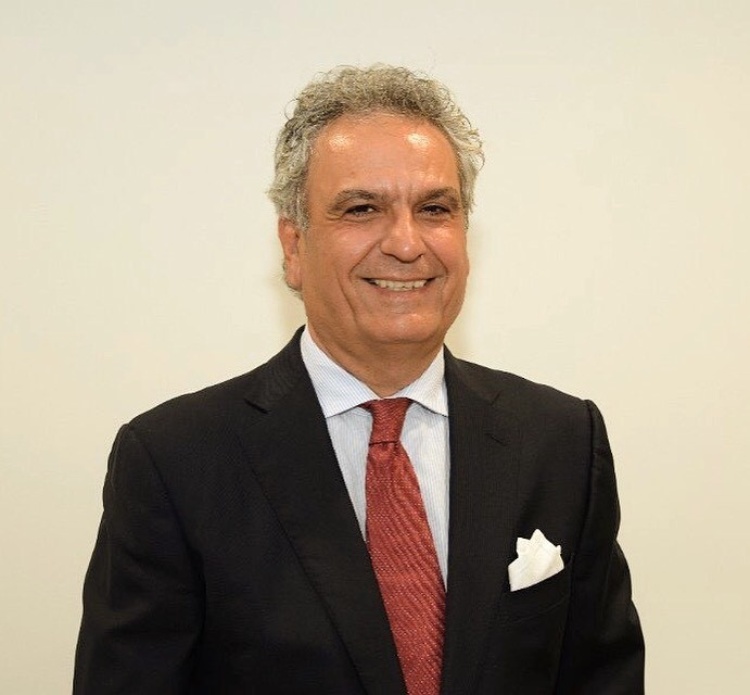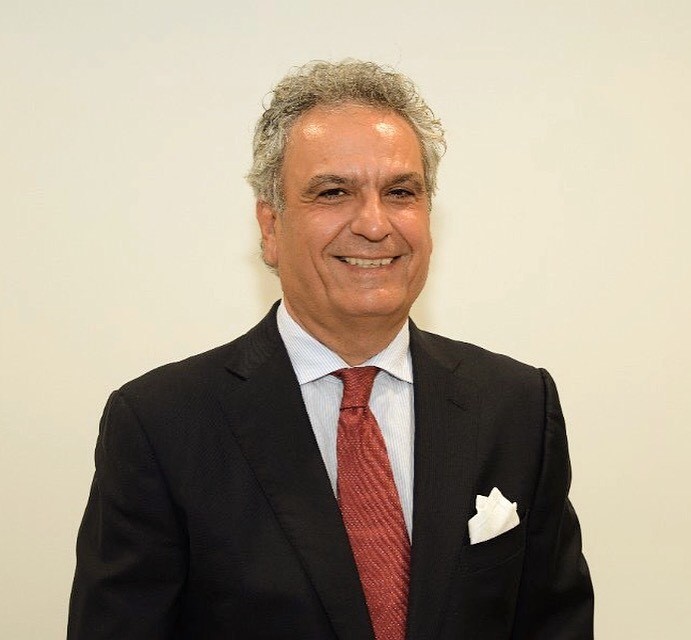Similarly, his own personal story has allowed him to come into contact with a world of toil and sweat, based on simple values.
While he certainly prefers the former, he proudly claims the latter: born in Calabria and raised in Germany, his experience as a member of the Italian community abroad has played an integral role in his identity.
Upon his arrival in Australia, Mr Carè worked in a factory for a stint before assuming a role with the Italian Chamber of Commerce (ICCI), first in Melbourne then in Sydney.
“This commitment helped me to understand the mentality of Italians who arrived 30 or 40 years ago and what they thought of Italy,” he says.
“I came to understand the sacrifices; the sacrifices my parents made and the sacrifices the Italian community abroad made for future generations.”
Mr Carè explains that these sacrifices now manifest themselves in a strength, which is characteristic of this community.
“A political representative should therefore be a spokesperson for the community: for both its struggles and this strength,” he adds.
“My aim will be to speak with the people, collect their thoughts, ideas and proposals, and then take one or two of those main proposals to Italy. My role is to make sure Italians abroad aren’t treated as second-class citizens.”
It seems a simple task in theory, but Mr Carè says that what’s missing in today’s politics is depth of vision, complexity of thought, and grounded preparation which allows theory to be translated into practice in a consistent way.
When it comes to his transition from a candidate for With Monti for Italy in the last election to the Democratic Party (PD) today, Mr Carè explains that in 2013, the political program brought forward by Mario Monti aligned with his position, until his meeting with Matteo Renzi, which changed everything.
Mr Carè recalls a kind of ‘Road to Damascus’ moment.
“[Renzi] struck me with the way he spoke and the values he put forward,” he says.
“It was then that I began shifting towards the PD and its values: growth, young people and reforms. Reforms, above all, which were in line with what Monti wanted to do.”
And also in line with those of Silvio Berlusconi, a Berlusconi with whom Mr Renzi may want to form an alliance, following the elections: “I rule that out, because Mr Renzi’s plans for the country are very different.”
It’s through those plans that Mr Carè believes he will have the chance to promote Italians in Australia.
“Italy has great potential overseas but it doesn’t make the most of it,” he argues.
“We rarely provide funding for Italian schools, and we rarely offer the support that overseas institutions require.”
If Italy invested in overseas communities, “[the PD] could really help the nation to spread and promote its culture, traditions and exports”.
It is a win-win situation on which the governments should focus, but they haven’t, according to Mr Carè.
However, over the past years, the country has been run by the very party which he is representing.
Mr Carè defends this contradiction by arguing that these shortcomings are not only due to the government’s political choices, or the corruption which plagues Italy, but also to the country’s bureaucratic system which hinders overseas investments.
“Corruption is another thing entirely; it’s in every country,” he says.
“I’m speaking specifically about the bureaucratic system. It’s outdated and needs to become competitive with the rest of the world.
“Corruption is just one of the problems, and a stereotype which damages Italy’s image internationally and one we have to change with the help of Italian communities abroad and young Italians who are moving overseas.”
Young people play an important role in changing this perception of Italy, and Mr Carè’s idea is clear: “I would do all I could to bring them back. They learn a great deal through their experiences abroad and they acquire a different mentality which, upon their return to Italy, they can use to finally change the Italian bureaucratic system.”












